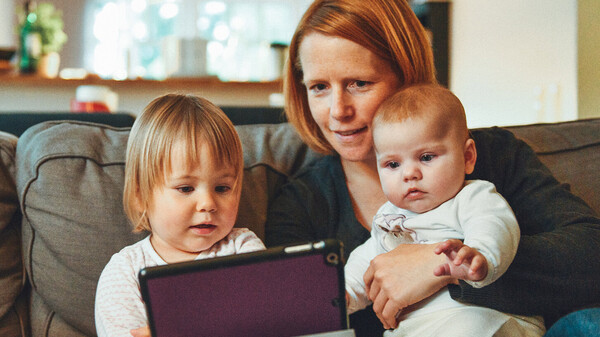What do Malta, Spain and Italy have in common? They have the lowest fertility rates among European countries. And even in regions of Europe that have had relatively high fertility rates in the past, such as Great Britain, Sweden and Belgium, birth rates fell during the "Great Recession" between 2008 and 2012 and have continued to decline since then.
These are some of the findings of a team of researchers from the Vienna Institute of Demography at the Austrian Academy of Sciences (OeAW), which have now been published online in the new European Demographic Data Sheet 2020.
Uncertain times, delayed childbirth
Delayed parenthood is one of the reasons for the declining number of children. The age at which women have their first child is increasing. That means that fewer women than in the past have children in their most fertile phase, but also that some of the planned births are not occurring today, but are being perpetually shifted into the future – tomorrow, next year, or later. In some countries such as Spain, Italy, Switzerland and Ireland, women are on average over 30 years old when they give birth to their first child. By comparison, the average age in Austria is only slightly lower at 29.5.
The data also show how a deteriorating economic situation for young people has a negative impact on starting a family. "Poorly paid and unstable jobs, unaffordable housing, falling relative incomes and concerns about the future—including concerns about climate change: the ongoing economic pressure and the uncertainties faced by young adults in many countries are contributing to this trend of falling birth rates," OeAW demographer Tomáš Sobotka summarizes.
Young people experience declining incomes when compared with older generations
To what extent the financial crisis of 2008 affected the income of younger generations differently than the income of older people was also investigated by the Vienna-based research group. The equivalised household income (EHI) was used for the assessment of economic well-being. The result: in 10 of 31 countries analyzed, young adults suffered economic losses between 2008 and 2017. Young adults in Greece were hit hardest, experiencing the largest drop in income at 40%.
Although the data differ from country to country, the general trend is that young people are becoming poorer than their parents. Looking at the numbers from a generation perspective, the relative economic position of young people aged 20 to 39 compared to the general population worsened in 23 out of 31 countries. In addition to Austria, deteriorating relative economic position of young adults is observed in all countries in Western, Southern and Northern Europe, with the exception of the Netherlands.
How an economic crisis like the one triggered by the coronavirus pandemic will affect the demographic future of the continent remains to be seen.

